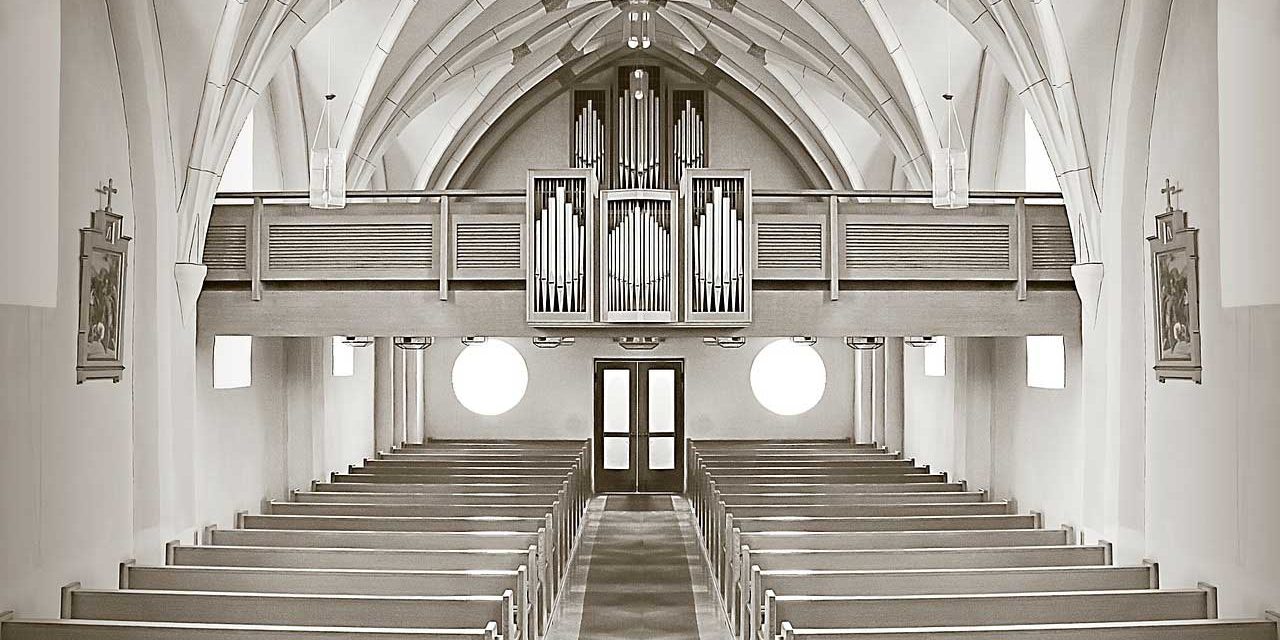We’ve heard it so many times we probably have stopped to ponder it:
“Go into all the world and preach the gospel, making disciples of all nations, baptizing them in the name of the Father, Son and Holy Spirit.” Mat 28:18-20
This has been something I’ve been pondering a lot lately as I’m relooking at how we do things(future posts probably to come).
When we think of the word “Go” we tend to think of missionaries in Africa or in the jungles of Papua New Guinea. This is a valid form of “Go” but may I also add that I think the best place to go is the living room?
Traditional church structure is based very much on an attractional model. Being a beautiful building in the city (tends to be more in the Catholic realm) or if you have a functional building, make your service attractive–good music, good dramas, good preaching, video clips, etc… (Protestant realm). Then be really nice to visitors and have a shake-hands time in your church to meet them in hopes they’ll come back. There’s been a real trend lately to establish “churches for those who don’t like church” but their methods are generally the same, just different attraction points for different people. And honestly, if it brings people into the kingdom, I’m good with that. Although I’m pondering if there is a better way for a different season of our country. The attractional model isn’t working well. Church is good for churched people but unchurched people aren’t coming.
The heart of the Great Commission is to go. It doesn’t say to invite people to come (although this has borne some fruit). When I travel and have gone into new churches, it’s like entering a foreign country where I’ve invaded a person’s social club. I don’t know the rules nor the people and it is just at times awkward. If I’m uncomfortable, are we asking seekers and unbelievers to do the same? Come into our strange world vs. entering into theirs? This isn’t just about having “church” at the local bar. It’s deeper than that. It’s “going” to where they are at and meeting others on their turf in their culture with their questions.
When we look at Jesus this is exactly what he was doing. He was in the Pharisees’s house, at the tax-collector’s party, in the home of Lazarus, etc… Over and over he met people where they were at, even inviting himself into their homes (Zacchaeus). It wasn’t about them coming to the synagogue service, it was about him going to their living room.
The word “disciple” is another one, probably even moreso that I’ve been percolating on. Interesting that Jesus nowhere says to make “converts” or to “plant churches.” With converts and church plants we have something we measure and can pat ourself on the back as we carve another notch in our evangelism belt. But with discipleship and “making disicples”? It never ends. There is always room to grow. And the reality is that there are a lot of people in church who are attenders. Wouldn’t you love to see a lot more disciples? Perhaps the reason is our methods. We make converts, plant churchs, feel good about ourselves and move on. But have we made disciples?
Baptism. It was the way people responded to the gospel and in Scripture it was almost all very public. It wasn’t raise your hand, ask Jesus into your heart, fill out a card, or say the sinner’s prayer. (All of which are very good.) But the entry point of a person coming to Christ was baptism. John 4 opening verses say that an accusation was brought against Jesus that he was “making and baptizing” more disciples than John, although it was his disciples doing the baptizing. But clearly in so many scriptures baptism is where people said “I do.” Perhaps we should use Acts 2:38 in our gospel presentation in addition to Romans 10:9.
So where is this going? These are observations that are based on wanting to see a change that changes a nation. It’s a reality that our country needs Jesus desperately and we must pray for it daily, but like Issachar we need to be wise to the times. I believe to do this it begins with us “going” and not expecting that they “come,” that we make disciples and not just converts, and that people understand obedience and being fulfilled with the Holy Spirit (Acts 2:38) that they can be empowered to live His life and do so with His power. But to do so we need to be intentional. And it isn’t just about creating another method to fill the church buildings.






